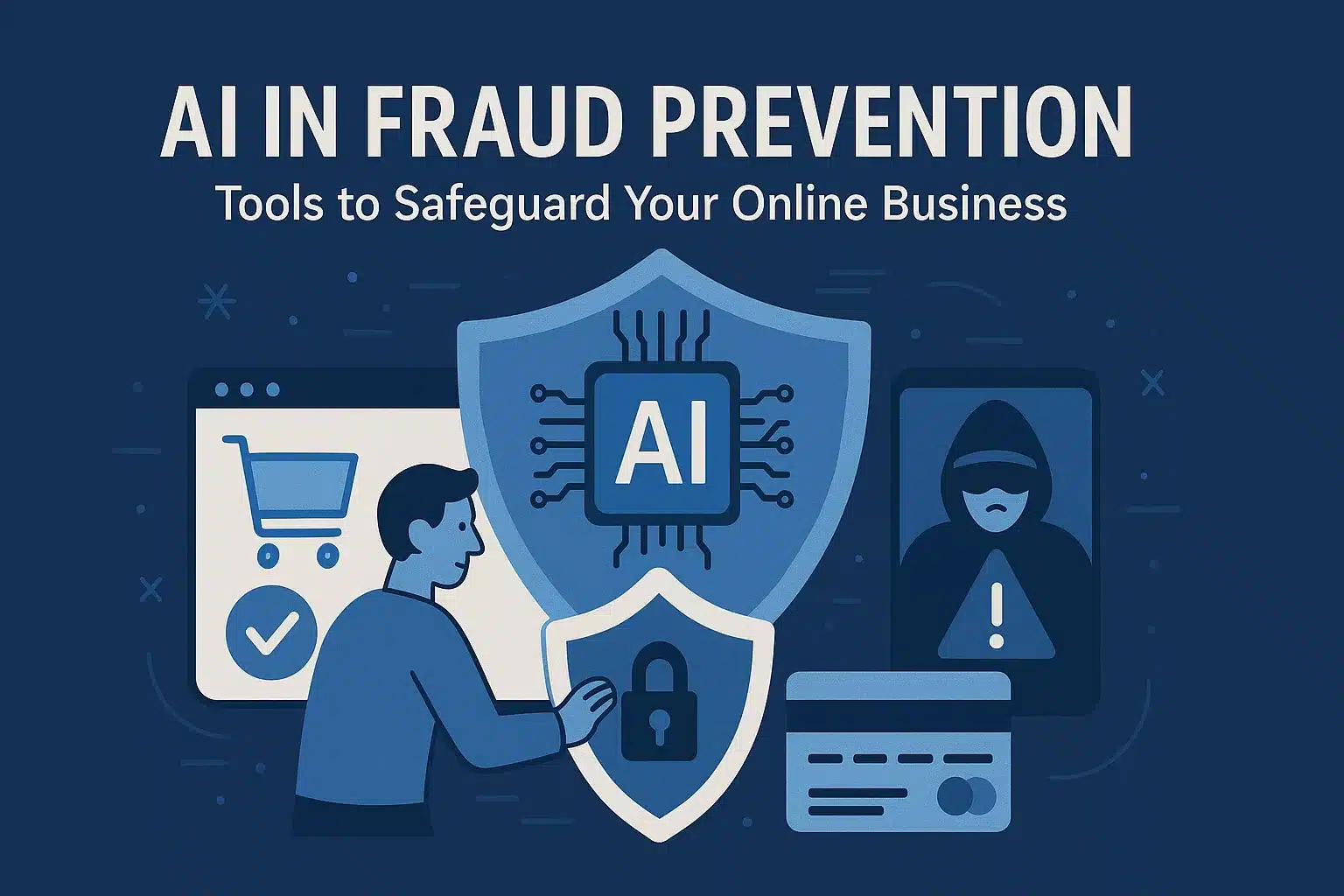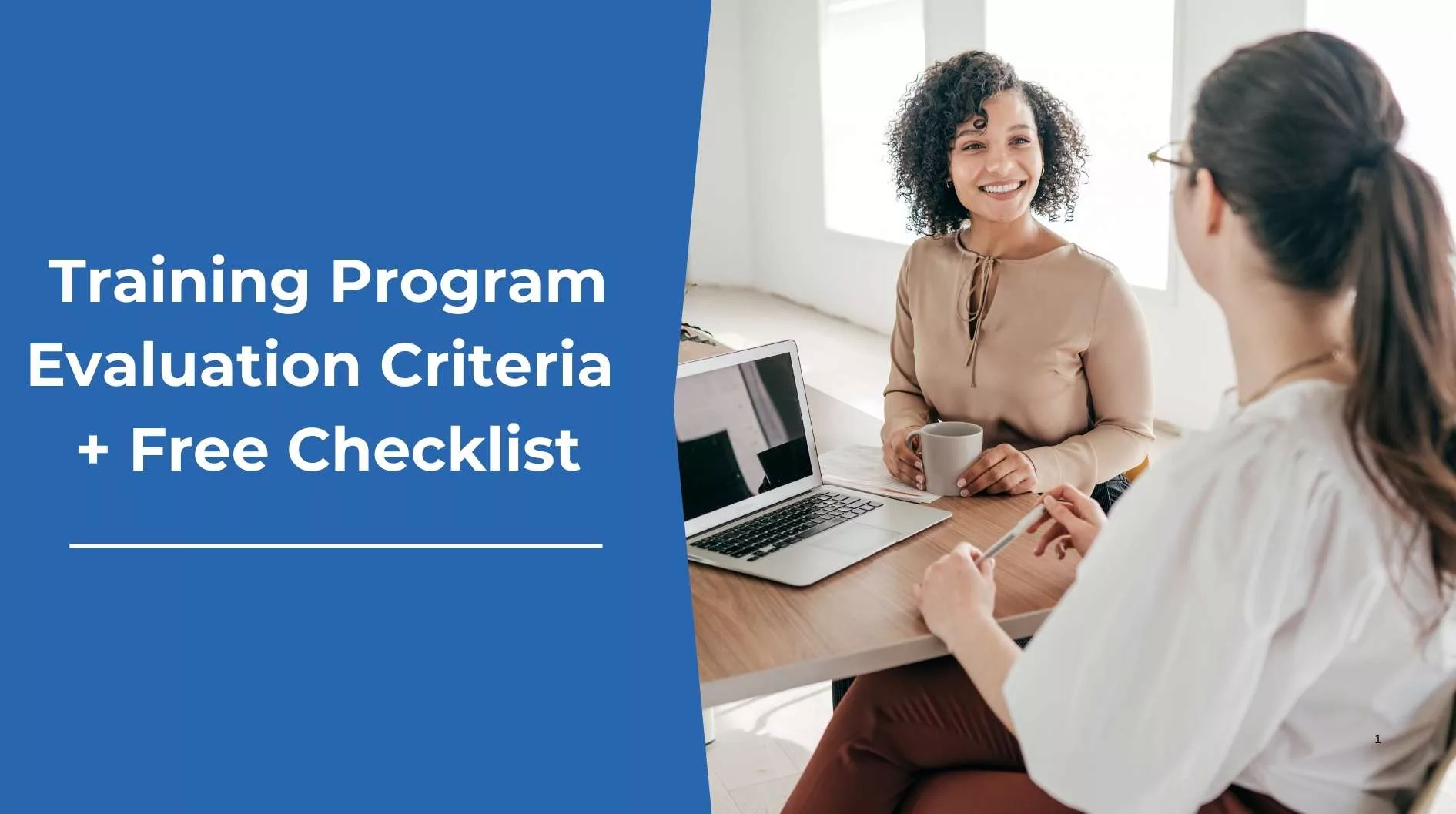One universally important element of an effective learning management system course is early and detailed communication with students. What kind of information is essential to provide early on in an online training course?
Teach students about course navigation with the use of videos, taking advantage of the simple-to-use video creation tools like the ones Coggno’s free, proprietary LMS offers. Video tours are an easy and fun way to reach students quickly and effectively with important information. And presenting this information in a visually interesting way will help ensure that this important information is delivered successfully.
Of course, the three basic tenets of human communication are gesture, speech, and visuals. So the online fusion of these three elements recreates the natural ways we humans communicate in face-to-face communication. Using these three aspects–especially the emotional signals of tone and voice–helps you to create a sense of trust in the virtual learning environment.
Another guideline to successful communication with students–and something that will help ensure their comfort and ease working with your e-learning course–is developing a clear course outline or syllabus. A syllabus provides a space for courseware developers and educators to break down into simple bites the course expectations and goals for learners. This information must be presented before any actual learning begins, to ensure best communication with students.
Especially for first-time e-learners, it’s best to understand what they can expect from a course as early as humanly possible. Your course outline should include some critical info about the online course. In the course outline, stress the importance of familiarizing oneself with the LMS and exploring all the different features. Students should understand where all the different content can be found in each section of the e-learning course. Advise learners to check the LMS on a regular basis for class updates, assignments, or announcements. Describe in minute detail what happens when students miss an assignment or a class (if there are classes,) as well as how exactly students will be graded, and any other bits of critical information.
One more useful function of the syllabus that will help avoid later problems is an outline of the plagiarism policy. Although most of us understand that plagiarism is prohibited, it’s not uncommon for people to be unsure what exactly qualifies as such. Though real and intentional plagiarizing is all-too-common common, unintended incidents of cheating also happen and cause a big mess for everyone involved. But with your help, such situations are preventable. The fact is that many people are just uninformed about how to cite sources properly.
The solution? Attach a citation guide like MLA or ATA style to your syllabus explaining the correct way to cite articles, books, websites, and other published works.
Helping learners feel at home in their virtual learning environment, confident in their navigation skills, and clear about expectations and course processes can be achieved using a few simple tools. These include a well developed syllabus, videos, and citation guides (which are easy to find online). Quick and clear establishment of the features, tone, and objectives of your e-learning course will help avoid any confusion or problems in the future. It will establish a harmonious and dynamic learning management system experience not only for your learners, but for administrators and course instructors as well.
For more information about LMS and online training, visit Coggno.com today.


















